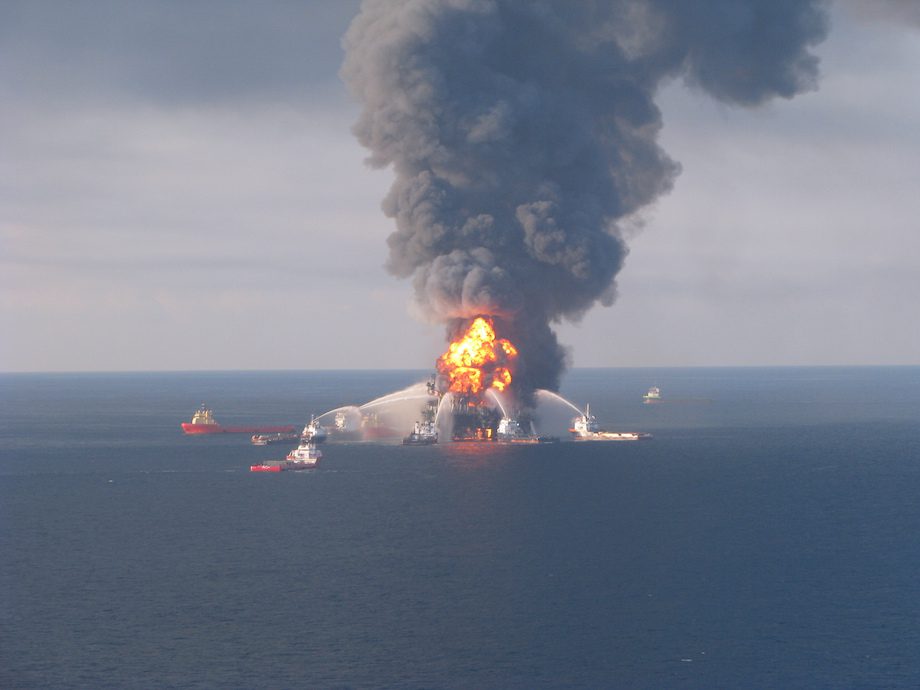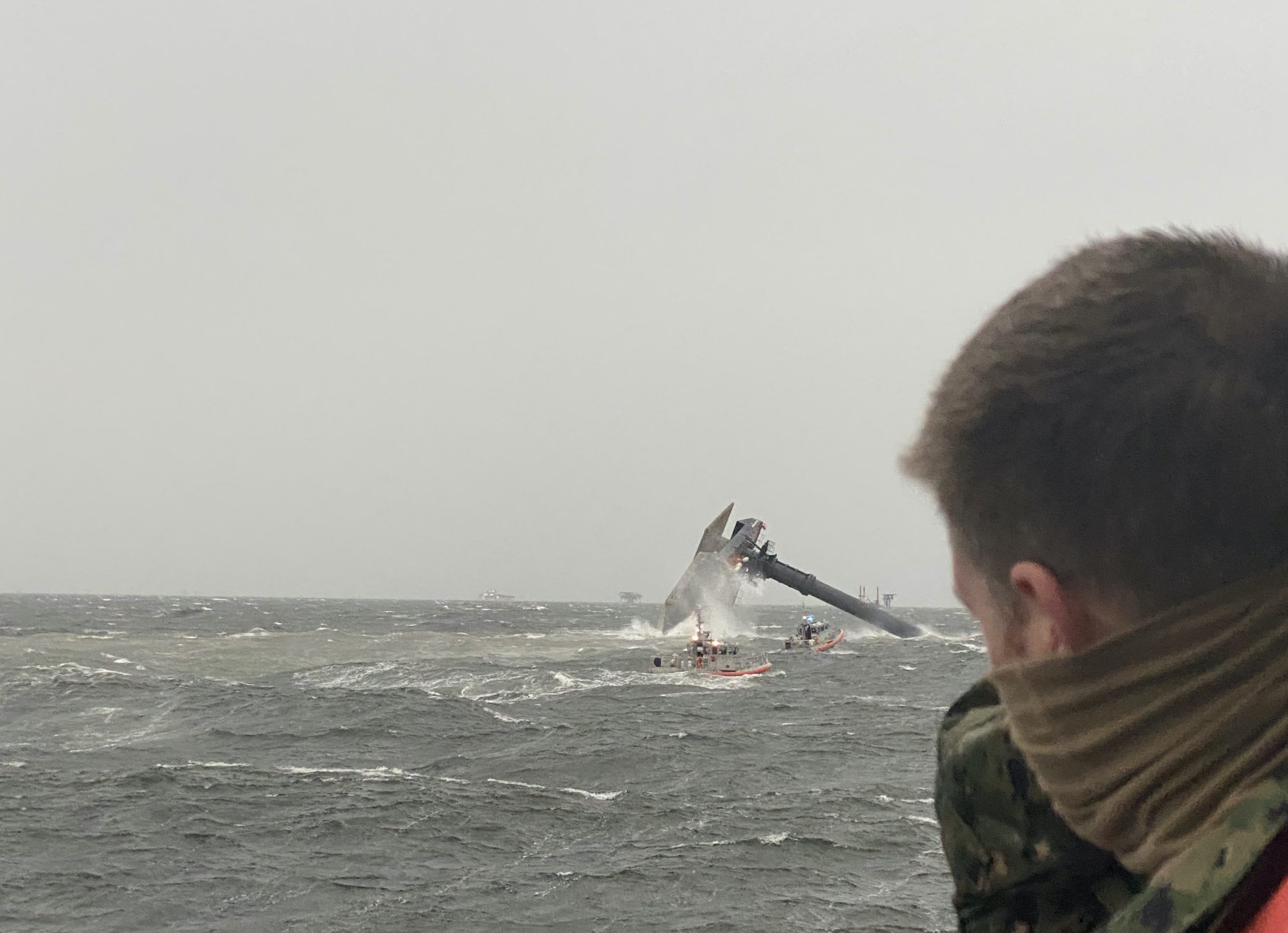By Arnold & Itkin – The sinking of the Titanic, the Deepwater Horizon explosion and oil spill, the loss of the El Faro in Hurricane Joaquin, and the tragic fire aboard The Conception off of the Santa Barbara coast—what do these infamous maritime disasters have in common? All caused unprecedented losses. All could have been prevented.
All involved the invocation of a maritime law known as the Limitation of Liability Act.
Congress passed the Limitation of Liability Act (46 U.S. Code Chapter 305) in 1851 to promote and protect the maritime shipping industry. At the time, vessels and the goods or passengers they carried went missing in storms, were overrun by pirates, and were lost in other events that shipowners had no control over. The Limitation of Liability Act offered vessel owners much-needed protection from liability for ship and cargo losses as well as injuries or deaths at sea by limiting recoveries to the value of the craft. With this law, vessel owners could not be sued for more than the ship was worth.
Long ago, the Limitation of Liability Act served its purpose—especially when vessel owners didn’t have the benefit of weather forecasts and piracy was rampant. Today, it has become a means for negligent vessel owners to shirk their responsibility to set things right after maritime tragedies. Modern equipment and technology have significantly mitigated the risks once faced by maritime companies.
Today’s tragedies at sea are not caused by events out of a vessel owner’s control.
Storms are more predictable.
Tools and equipment are built to last.
Shipowners have an obligation to maintain their vessels and take necessary precautions based on weather predictions. If they don’t, they should be held responsible. They should not be allowed to hide behind an antiquated law designed to protect vessel owners (and the economy) 170 years ago.
Using a 170-Year-Old Law to Avoid Accountability
The owner of every vessel mentioned at the beginning of this article invoked the Limitation of Liability Act to defend their interests. Even the owners of the Titanic, which never reached U.S. shores, filed a Petition for Limitation of Liability in New York. Instead of being given time to heal, the survivors of these incidents and the families who lost loved ones were faced with a choice: take legal action now or forever surrender the right to do so.
When a vessel owner seeks protection under the Limitation of Liability Act, they file a civil lawsuit in Federal District Court. All potential claimants (including anyone injured and surviving family members) are notified. They each receive certified letters informing them that the vessel owner is suing them.
As a part of a Petition for Limitation of Liability, the vessel owner also claims that the craft was worth a certain amount of money. If the ship sank, the value could be zero. For the Titanic, the value was estimated at less than $100,000: $300 for the 14 remaining lifeboats and $92,000 for the ship’s earnings. Under the Limitation of Liability Act, the owners of the “unsinkable” ship sought to limit claims for damages to this value. For the families of the 1,517 people who were killed and the 711 survivors, this would have equaled just about $41 each.
For the widows of the El Faro crew members, for the families of the people who perished in The Conception fire, for every person who was injured or killed in the Deepwater Horizon explosion—the Limitation of Liability defense was like a slap in the face. These people were already dealing with the trauma of being injured or losing a loved one. They were already dealing with questions of how to make ends meet without a family member’s wages. Now they had to think about taking legal action or essentially surrendering their right to recover fair compensation for what they endured.
How does it even make sense for a vessel owner to sue someone who has been injured or lost someone they love? This is what happens when a vessel owner files a Petition for Limitation of Liability. It requires potential claimants to come forward within a set period—or lose the right to come forward at all. It also requires the consolidation of claims in federal court. This puts the vessel owner at an advantage.
Challenging the Limitation of Liability Defense
Offshore workers, commercial fishing vessel crew members, cruise ship passengers, and all people who set foot on vessels in U.S. waters are protected by maritime laws that provide routes to recovery in the event of an injury or loss of life. The Limitation of Liability Act is one way that vessel owners will try to defend themselves, but you have rights too.
You have a very limited time to file a response to a Petition for Limitation of Liability. If you were injured or lost someone at sea and received a certified letter saying the vessel owner is suing you, talk to a lawyer. Find a legal professional who can protect your interests and file a response quickly and effectively.
The Limitation of Liability Act is only meant to apply to accidents and injuries at sea that occur through no fault of the vessel owner. Because of the technology and equipment that vessel owners and maritime companies are working with today, the margin for fault is quite broad. There is also more evidence and information to support claims of a shipowner’s negligence. There are no excuses for maritime disasters.
History of Success in Representing Injured Maritime Workers
Arnold & Itkin has fought for injured maritime workers and families across the U.S. who have had their futures threatened—after they already experienced the unthinkable. Their maritime attorneys represented several of the widows of the El Faro crew and one-third of the Deepwater Horizon crew securing unprecedented recoveries that gave these victims a real chance at rebuilding their lives. What’s more, the firm found the answers the survivors and families were looking for—and the sense of closure they needed by seeing justice served.
Arnold & Itkin has secured over $10 billion for the injured and wronged. When founding Attorneys Kurt Arnold & Jason Itkin see large corporations try to hide behind irrelevant and archaic laws, they aren’t afraid to go to battle to set things right. No matter what. Find out more about your rights and options during a free consultation with one of the firm’s maritime lawyers today.
Editorial Standards · Corrections · About gCaptain

 Join The Club
Join The Club









